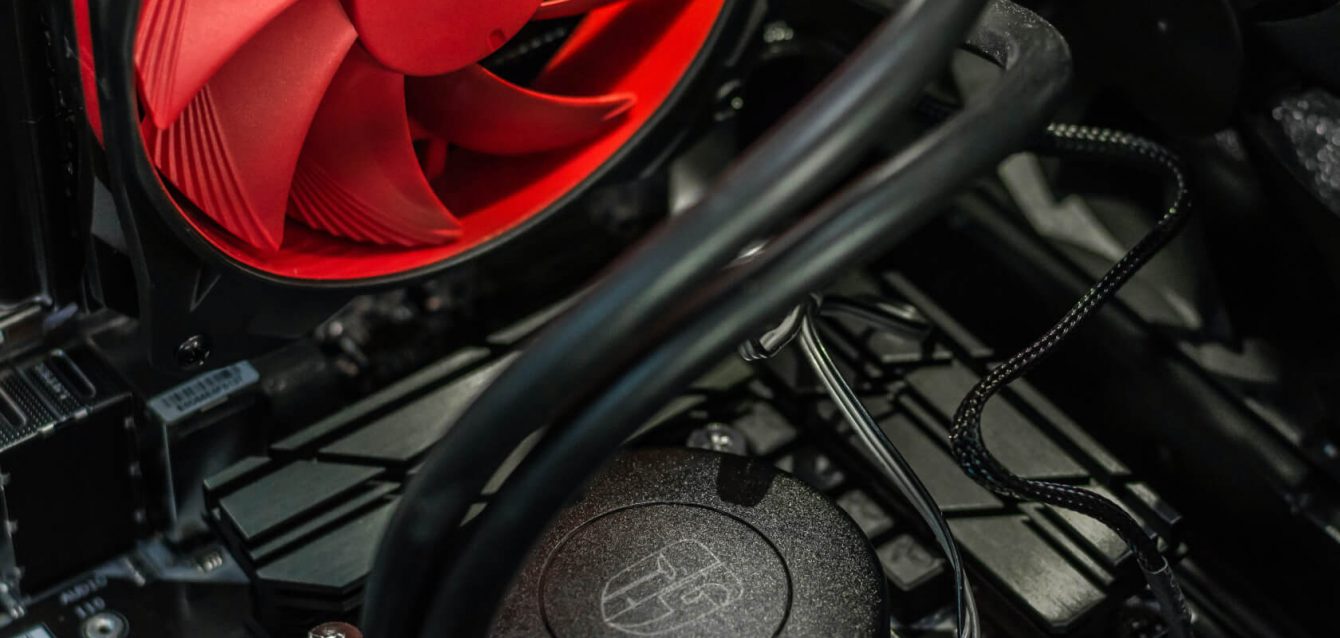In today’s fast-paced and data-driven world, businesses are constantly seeking innovative ways to gain a competitive edge, make smarter decisions, and deliver exceptional customer experiences. One technology that is transforming industries across the globe is neural networks. Harnessing the power of artificial intelligence, neural networks have the ability to analyze vast amounts of data, identify complex patterns, and make accurate predictions, enabling businesses to unlock new opportunities and drive growth.
At our company, we specialize in providing comprehensive neural network services that can revolutionize your business. Whether you’re looking to enhance your data analysis capabilities, automate repetitive tasks, improve customer engagement, or optimize operational processes, our team of experts is here to help you leverage the full potential of neural networks.
Data lies at the heart of neural networks, and our services start with understanding your unique data landscape. We work closely with you to identify and collect relevant data sources, ensuring that your neural network models are built on a solid foundation. Our data scientists employ cutting-edge techniques to preprocess and clean the data, making it ready for training the neural network models.
Artificial Intelligence refers to the development of computer systems that can perform tasks that would typically require human intelligence. It involves the creation of algorithms and models that enable machines to learn, reason, perceive.
Adam Peterson
The development of neural networks is a specialized task that requires expertise and experience. Our team of skilled professionals excels in designing and implementing neural network architectures tailored to your specific business needs. From traditional feedforward networks to advanced convolutional and recurrent networks, we have the knowledge and skills to build models that deliver superior performance and accuracy.



